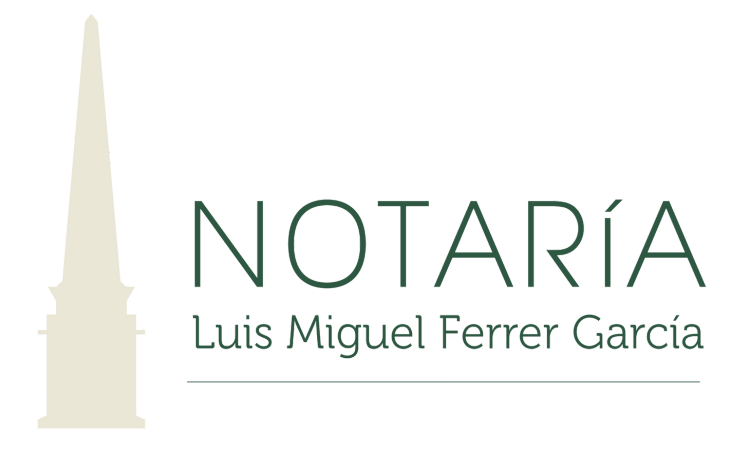A notarial power of attorney is a public document that a natural or legal person signs with the approval of a notary to designate another person as their legal representative. This authorizes them to act on their behalf in different legal or material acts.
This measure is very useful for various situations in life and especially for solving some bureaucratic procedures in the business world.
With these documents, notaries guarantee that the identity of the person who grants it, called the "grantor", as well as their wishes, comply with the law. On the other hand, the person designated as a legal representative or "attorney-in-fact" must prove this condition by presenting a copy of the authorization granted.
We distinguish between different types of notarial powers of attorney:
General Powers of Attorney:
These are deeds by which a person grants all possible powers to another to take care of their entire estate. This type of power is characterized because the powers are very broad, which causes a risk.
Special Powers of Attorney:
These are deeds by which a person grants powers to another to perform one or several specific acts. This type of power is characterized because the powers are limited, for example, they can only buy, sell, make inheritances, etc.
Powers of Attorney for Litigation:
This is a notarial document by which a person attributes powers of representation in court to their lawyers and attorneys.
Travel authorizations:
When minors travel abroad without being accompanied by their parents or guardians, travel can be authorized through this notarial document, which the minor must carry with their ID or passport.
Preventive powers in case of incapacity:
These are powers in which a person grants powers to another to do everything necessary in case the grantor is incapacitated in the future. It is a very useful tool to avoid problems when one gets older.
Commercial Powers of Attorney:
These are powers conferred by a company, through its administrator, in favor of a person who can then take care of one or several commercial operations on behalf of the company.
Required Documentation:
General Powers of Attorney:
ID of the grantors, name, address, and marital status.
If it is a company, powers or appointment of current administrators.
Data of attorneys-in-fact, name, address, marital status, and ID.
Powers conferred (for what matter the power is conferred).
Powers of Attorney for Litigation:
ID of the grantors, name, address, and marital status.
If it is a company, powers or appointment of current administrators.
Names of the attorneys and lawyers and the bar association to which they belong. (Important).
